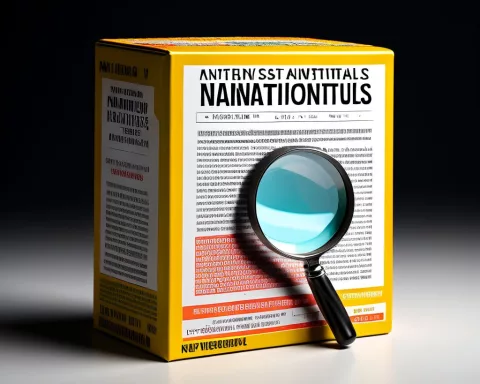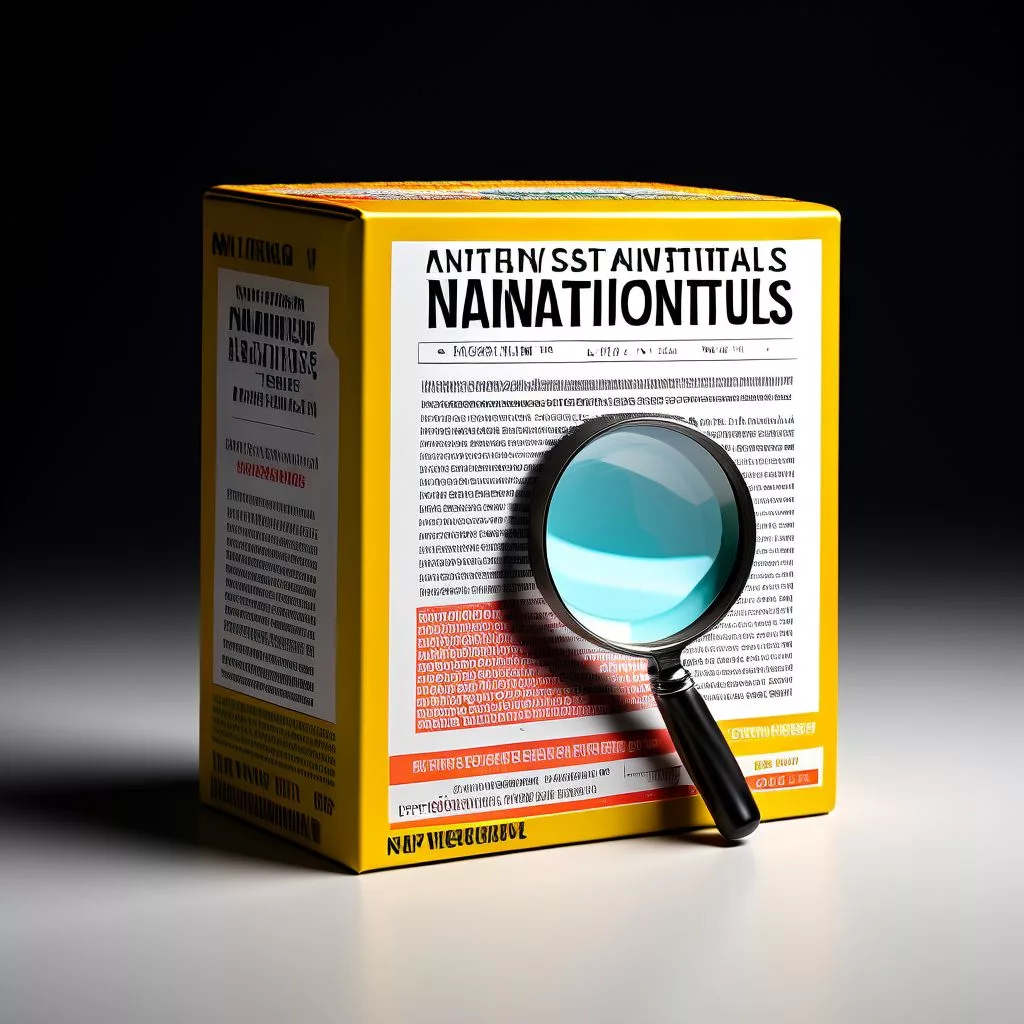The Trump administration’s cost-cutting efforts, led by the Department of Government Efficiency (DOGE), are shrouded in mystery, raising alarms about honesty in government. With major cuts to global aid, especially in health and education, trust in the administration is fading. Many worry that the figures reported as savings are misleading, and the lack of detailed information on contracts only adds to the confusion. As legal battles unfold, the need for clear communication and accountability becomes even more urgent, reminding us that open governance is crucial for public confidence.
What are the implications of the Trump administration’s cost-cutting campaign led by DOGE?
The Trump administration’s cost-cutting campaign, spearheaded by the Department of Government Efficiency (DOGE), raises concerns about transparency and accountability. Key implications include:
- Significant cuts to global aid initiatives, affecting health and education.
- Erosion of public trust due to lack of detailed contract information.
- Legal challenges questioning DOGE’s authority and governance practices.
A Controversial Move to Cut Costs
In the landscape of administrative governance, few strategies are as provocative as those cloaked in secrecy. The Trump administration’s cost-cutting drive, led by the Department of Government Efficiency (DOGE), has now plunged into such obscurity. This decision has not only piqued public interest but has also ignited a flurry of legal battles and criticisms concerning transparency and accountability.
At the core of this issue is DOGE’s recent decision to purge detailed records about the cancellation of contracts under the US Agency for International Development (USAID). The department, citing unspecified ‘legal reasons,’ has expunged its website of these specifics, retaining only aggregate contract values and claimed savings. This sudden change, initially reported by CBS News and confirmed by a White House spokesperson, has stoked speculation amidst ongoing legal disputes over DOGE’s jurisdiction.
Historical precedents remind us that government actions cloaked in secrecy often lead to public clamors for transparency. Instances like the Pentagon Papers during the Vietnam War and the Watergate scandal are notable where the quest for truth had substantial political consequences. Similarly, the current concealment by DOGE invites scrutiny and calls for a return to openness.
The Erosion of Fiscal Prudence
DOGE previously took pride in its ‘Wall of Receipts,’ an online archive displaying thousands of canceled USAID contracts along with the alleged savings. This digital testament to fiscal discipline has now been reduced to a mere shadow, with essential details conspicuously missing. The staggering scale of these cancellations, amounting to a purported $12.4 billion in savings, has faced intense scrutiny. Experts argue that these figures are significantly inflated. Former USAID data analyst Brian Banks contends the actual savings are closer to $6.7 billion.
Critics have taken issue with DOGE’s methodology for calculating these savings. By basing their calculations on a contract’s full potential value rather than actual expenditures, the department seemingly presents a distorted picture of financial prudence. This discrepancy highlights the necessity for meticulous analysis and accurate representation in governmental reporting, echoing the rigorous scrutiny that spurred progressive reforms in the early 20th century.
Under the guidance of Elon Musk, a billionaire and senior advisor to Trump, DOGE has loudly proclaimed transparency in its operations. Musk’s assertion, “We’re very public with what we do,” sounds hollow against the backdrop of missing contract details. His critique of judicial rulings as the work of “radical leftist activists” and his calls for judicial impeachment further muddy the waters, casting a shadow over DOGE’s legitimacy.
Impact on Global Aid Initiatives
Examining the specifics of the canceled contracts reveals the potential consequences for global aid efforts. Internal documents obtained by CBS News indicate over $1.39 billion slashed from disease prevention and global health initiatives, with $1.1 billion specifically cut from malaria programs. These figures are not mere abstractions; they represent significant setbacks in combating global health crises.
Moreover, the cuts include $171.7 million designated for food and clean water access and $435.2 million for international education initiatives. These programs are vital for vulnerable populations, and their termination raises serious ethical and humanitarian concerns. Historically, the United States has positioned itself as a global leader in providing aid and development support. The current direction under DOGE starkly contrasts with this legacy, prompting a reassessment of America’s role on the global stage.
The abrupt information blackout by DOGE intensifies these concerns, creating a vacuum of accountability as legal battles over its authority escalate. This lack of transparency hampers public understanding and obstructs informed debate on the merits and consequences of these cost-cutting measures.
Broader Implications and Ethical Considerations
The broader implications of DOGE’s actions reach beyond immediate financial and humanitarian impacts. They touch upon fundamental principles of governance and the ethical responsibilities of a government to its citizens and the global community. In this context, the current situation mirrors the philosophical debates of the Enlightenment era, where thinkers like John Locke and Jean-Jacques Rousseau emphasized the necessity of transparency and accountability in governance.
As legal challenges unfold, the judiciary’s role in upholding these principles becomes crucial. A recent federal court ruling suggested that DOGE likely overstepped its authority in dismantling USAID, serving as a critical check on executive power. Nonetheless, the department’s continued opacity indicates a reluctance to fully comply with judicial oversight, raising questions about the balance of power and the rule of law.
DOGE’s initiatives, ostensibly aimed at fiscal responsibility, must be examined for their broader impacts on societal well-being and international relations. The removal of detailed contract information not only erodes public trust but also obstructs efforts to hold the government accountable for its actions.
The Path Forward
In summary, the Trump administration’s cost-cutting campaign, executed by DOGE, exemplifies a complex interplay of fiscal policy, legal contention, and ethical considerations. The opacity surrounding the cancellation of USAID contracts highlights the tension between government efficiency and transparency. As the situation continues to evolve, it remains imperative to uphold the principles of accountability and open governance.
The necessity for transparency in governmental operations cannot be overstated. It is through openness and accountability that trust in governance is maintained and strengthened. The ongoing debates and legal battles surrounding DOGE’s actions serve as a poignant reminder of the critical need for transparency in the pursuit of fiscal responsibility. As history has shown, the quest for truth and openness is a cornerstone of effective and ethical governance. The Trump administration’s approach, as exemplified by DOGE, underscores the ongoing struggle to balance efficiency with transparency in the public sector.
FAQ on the Trump Administration’s Cost-Cutting Campaign
What is the Department of Government Efficiency (DOGE), and what role does it play in the Trump administration’s cost-cutting efforts?
DOGE is a department within the Trump administration responsible for implementing cost-cutting measures across various sectors of government. Its recent initiatives have focused on reducing expenditures, particularly concerning global aid, which has raised significant concerns about transparency and accountability.
What are the major implications of the cuts made to global aid initiatives?
The cuts made by DOGE to global aid initiatives have significant implications, including:
- A reduction in funding for health and education programs globally.
- Erosion of public trust due to the lack of detailed contract disclosures.
- Legal challenges questioning DOGE’s authority and the overall governance practices of the administration.
Why has there been criticism regarding the savings figures reported by DOGE?
Critics argue that the savings figures reported by DOGE, which claim about $12.4 billion in savings, are misleading. Experts suggest that the actual savings are closer to $6.7 billion, largely due to DOGE’s methodology, which bases calculations on the full potential value of contracts rather than actual expenditures. This raises concerns about the accuracy of financial reporting by the government.
How have the recent actions of DOGE affected global health initiatives?
The actions of DOGE have led to significant cuts in funding for global health initiatives, including over $1.39 billion slashed from disease prevention programs. Specific programs that have been impacted include $1.1 billion cut from malaria initiatives, $171.7 million from food and clean water access, and $435.2 million from international education initiatives. These cuts pose serious ethical and humanitarian concerns.
What are the broader implications of DOGE’s actions on government transparency and accountability?
The lack of transparency surrounding DOGE’s actions poses serious challenges to public trust and accountability. The removal of detailed contract information hinders informed debate and analysis of the government’s fiscal policies. This situation underscores the fundamental principle that open governance is vital for maintaining public confidence and ensuring ethical responsibilities are upheld.
What steps can be taken to improve transparency and accountability in government operations?
To improve transparency and accountability, the government should reinstate detailed disclosures of contracts and spending, particularly regarding cuts to essential programs. Upholding judicial oversight and adhering to legal rulings is crucial. Continuous public engagement and advocacy for open governance can help ensure that the administration remains accountable to its citizens and the global community.












